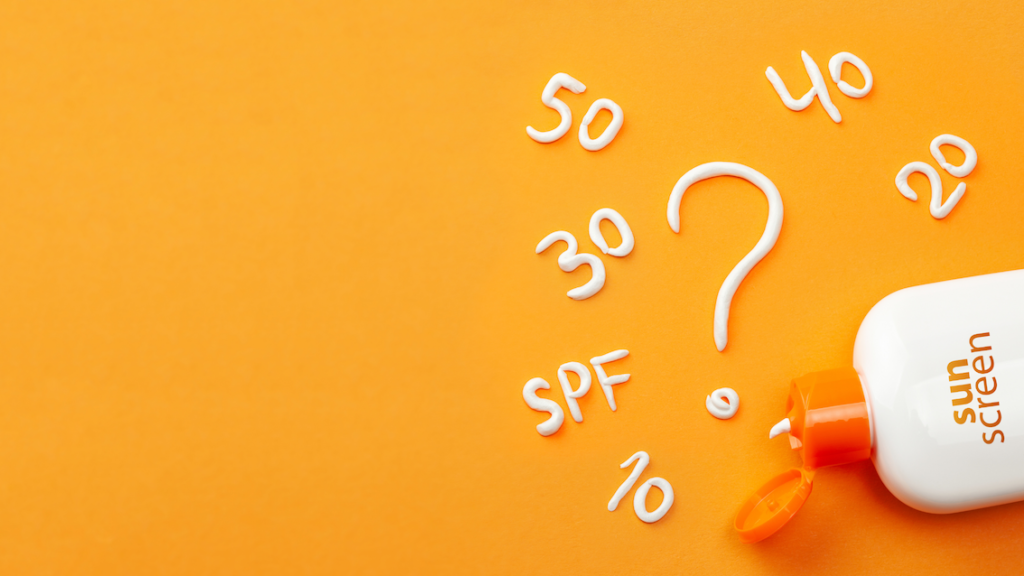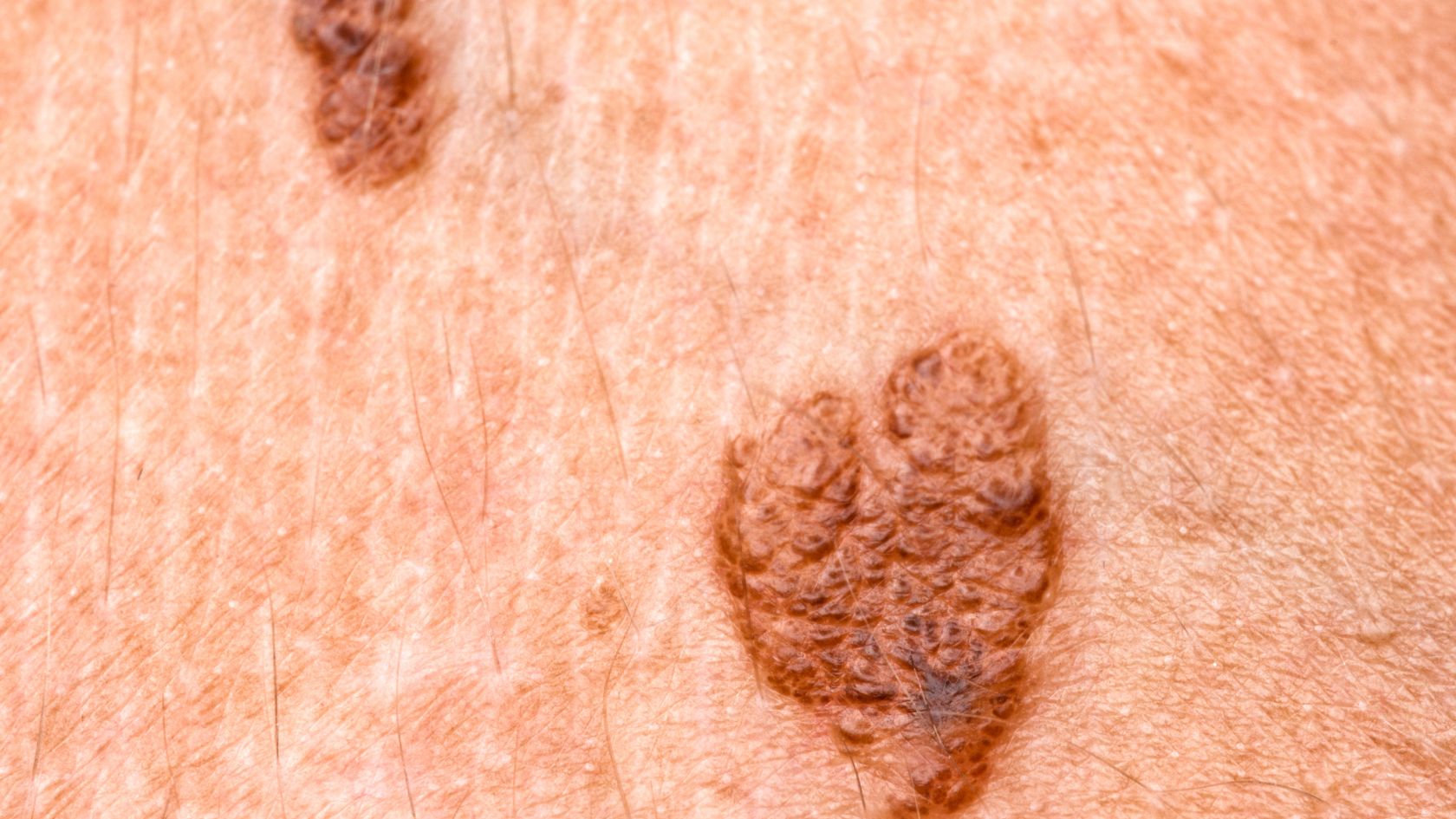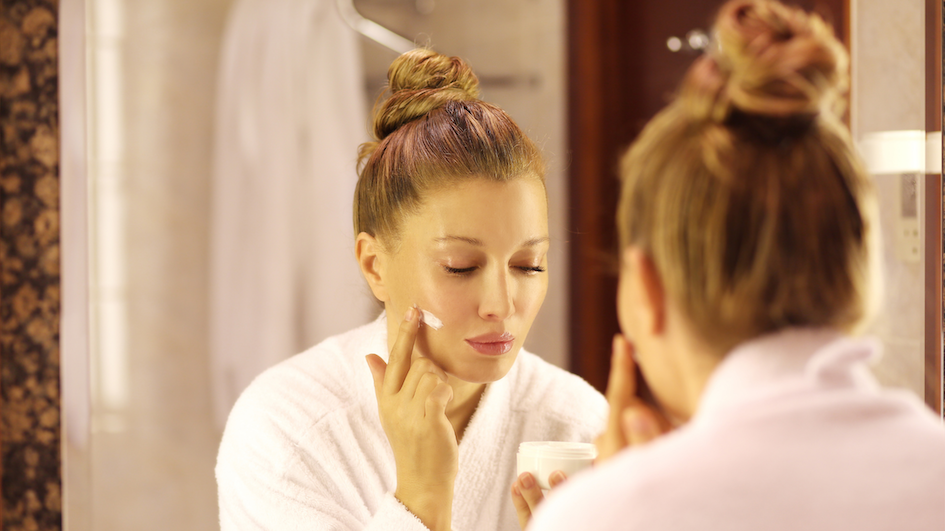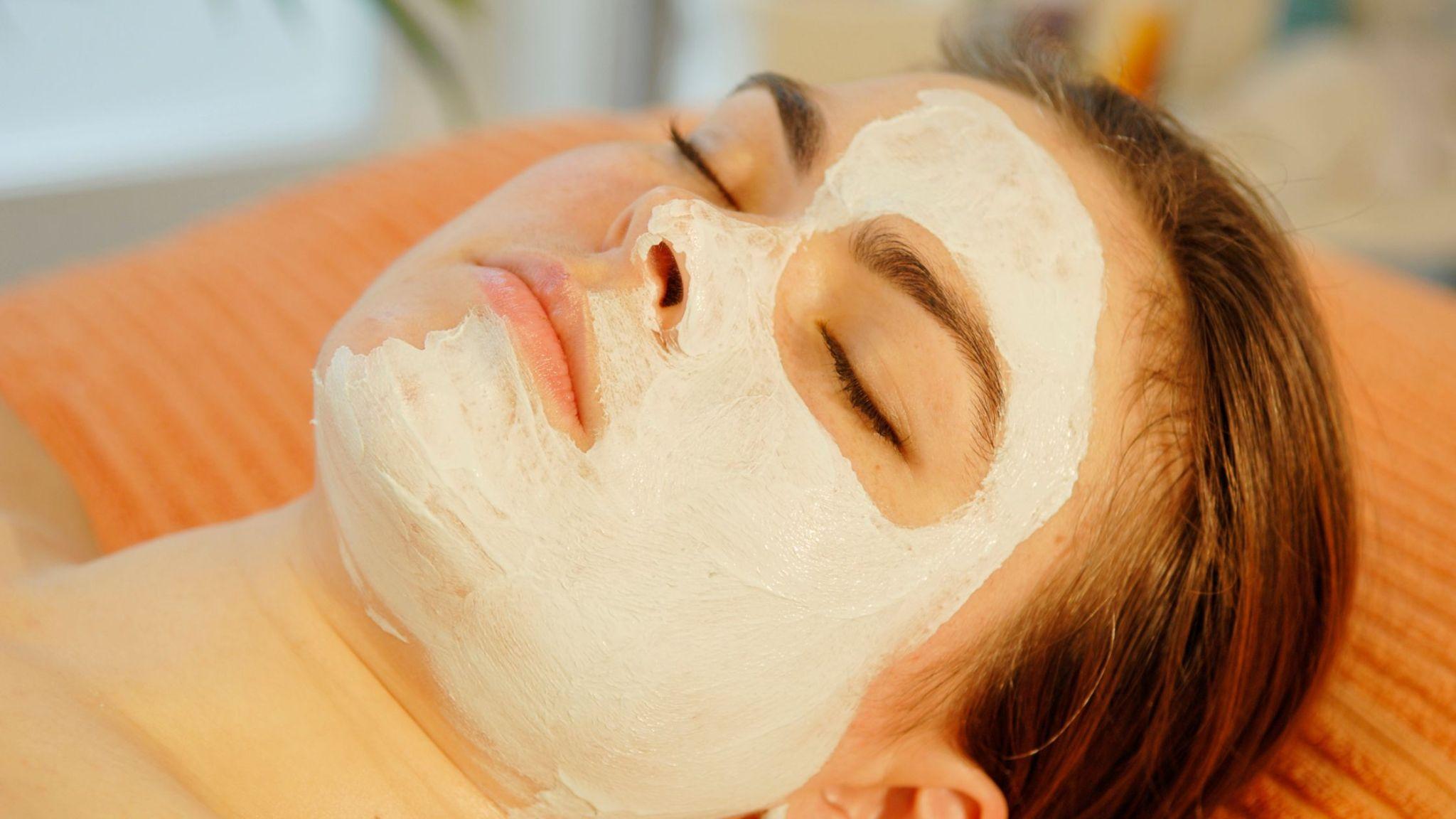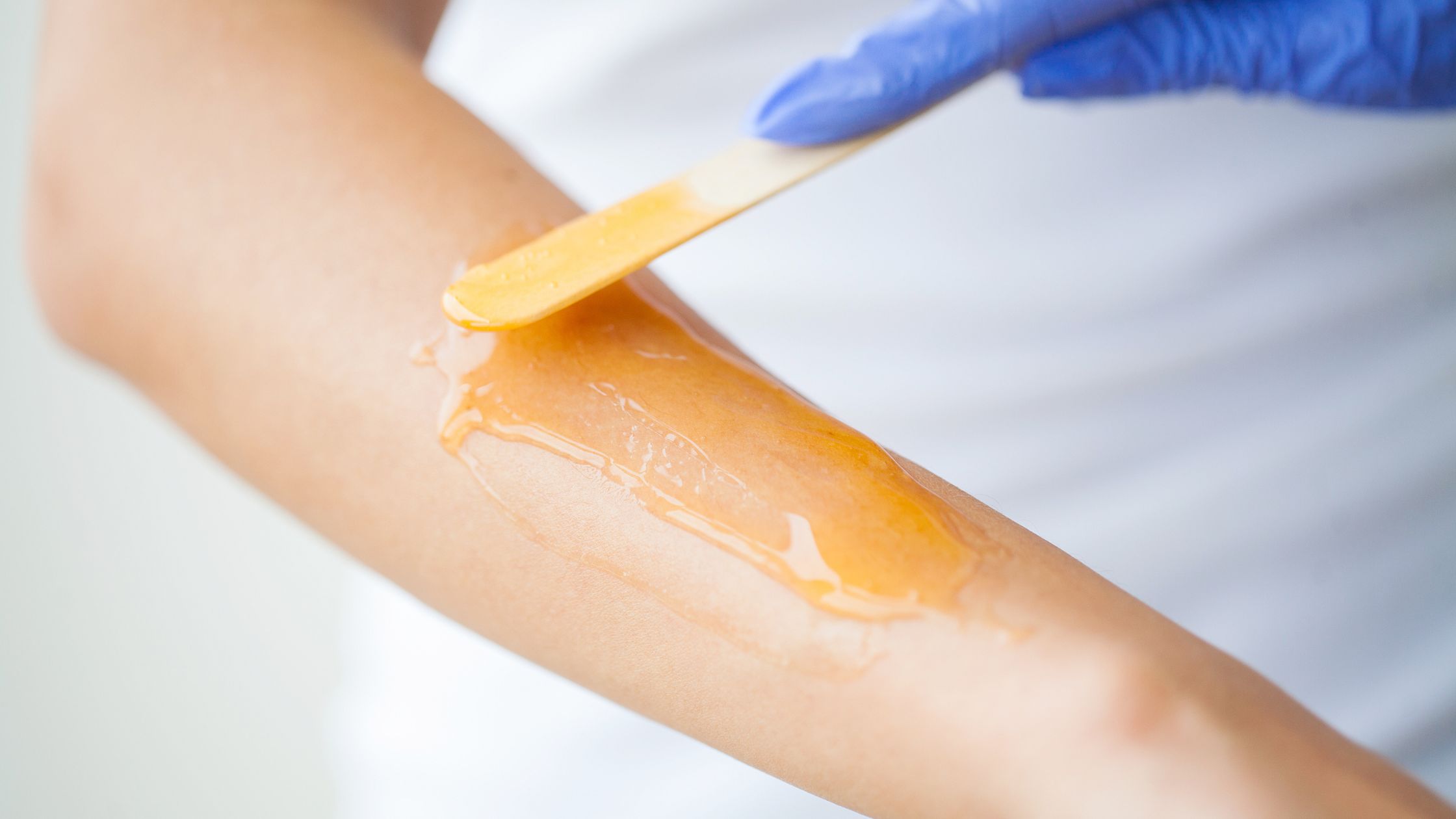At the same time, if there is one thing that everyone is equally confused about, it is what sunscreen to choose. The market is not only flooded with sunscreens from different brands, but different types of sunscreens from the same brand, making it all the more difficult for people to choose one. To make matters even worse, you have an array of jargon printed on top of these sunscreen products, some of which are incomprehensible for most people. For example, not many might know what SPF is and how it is a big deciding factor for most sunscreens.
Also, it is important to choose the right sunscreen for the right kind of skin. For instance –
- People with dry skin can choose a sunscreen that also acts as a moisturizer
- People with oily skin should choose water-based sunscreen products
- Children and babies have thin skin, so using sunscreen that has more than SPF 50 is recommended
- For others, an SPF of at least 30 is highly recommended.
There are so many other factors that come into play. In this post, we will help you understand everything about sunscreen and help you choose the right sunscreen for your body.
Types of Sunscreens
There are two types of sunscreens –
Chemical Sunscreen
Chemical sunscreens have ingredients like PABA and cinnamates, which absorb all the sun rays and convert them into heat energy. This heat is later released from your skin. They are thinner and easily spreadable; this makes them a great option for daily use.
Physical Sunscreen
These are the sunscreens that give you a white cast look on your face once you apply them. Some people may not like it due to this very reason. But it is a great option for those who have sensitive skin as physical sunscreens cause less skin irritation than chemical ones. In this, ingredients like zinc oxide and titanium dioxide are used, which work like a shield. It shields your skin by deflecting and scattering the sun’s rays. Also, physical sunscreens don’t clog the skin pores, and they also have a longer shelf time.
Important Factors to consider while picking a sunscreen
You need to know to analyze two parameters while picking a sunscreen. They are –
SPF value
To understand SPF, you need to first know what UVB is. Short for UltraViolet B, this is probably the #1 reason for you to get sunburns and tan. Using sunscreen with a value(any) of SPF is the best way to protect yourself from UVB rays. SPF stands for Sun Protection Factor, and this tells us how much longer sunscreen-protected skin takes to burn compared to unprotected skin.
A sunscreen with SPF 15 gives you 93% protection from harmful UV rays, SPF 30 gives 97% protection, and SPF 50 gives 98% protection. It is recommended to use SPF 30 (and above) sunscreens, especially if you have any pigmentary disorders or are prone to skin cancers. Remember — you have to reapply the sunscreen after the stipulated time of two to fours to keep yourself safe, irrespective of the SPF value.
PA value
PA gives you protection from UVA rays. As you have rightly guessed, UVA stands for UltraViolet A. These rays are majorly responsible for premature aging signs and wrinkling. To protect yourself from UVA rays, you need to check whether there is a mention of PA or the protection grade in your sunscreen. PA+ might seem attractive, but it gives you the least amount of protection. You will get the best protection from UVA rays by picking a sunscreen with at least a PA+++ rating. Some brands of sunscreen, especially Japanese ones, have PA++++ protection.
Common questions everybody has while picking a sunscreen
1. Do I need sunscreen for gloomy days?
Let’s say the weather out there is beautiful. The sky is covered by clouds and there is no hint of sun anywhere. You might wonder – do I still need sunscreen now?
Well, the answer is definitely yes. The UV rays from the sun can penetrate pretty much everything, be it the crystalline snow or the fluffy clouds. Irrespective of how the weather is, it’s always best and safe to apply sunscreen before venturing out.
This brings us to the next logical question –
2. Do I need sunscreen if I am at home?
If your place doesn’t have any windows or any sort of ventilation, then great, you don’t need any sunscreen! But that’s highly unlikely, isn’t it? If you have even a single window or a small opening from where sun rays can enter your home, then it is advisable to use sunscreen. You could always use sunscreen that has SPF 15 and PA++.
3. Do I need to apply makeup or sunscreen first?
If it is a chemical sunscreen, it is best to wear sunscreen first and then makeup. The reason is – sunscreen has a wait time. You need to wait at least 10-15 minutes after applying sunscreen to get the required protection. You can use this wait time to apply makeup. The ideal process is – cleanse your skin, apply moisturizer, apply sunscreen, and finally, apply makeup. But if it is a physical/ mineral sunscreen, apply it after you apply makeup so that it forms the outermost layer of protection against the sun. Also, sunscreens need to be repeated every 2-4 hours if you are outdoors.
4. What do I choose – lotion, gel, or spray?
Simple – choose the one that you feel most comfortable with. Gel-based sunscreens are better for oily skin, while cream/lotion is perfect for dry skin. Also, for larger areas of your body, it is easier to use a spray or lotion. The more important thing is – the amount of sunscreen you are applying and how you use it. The amount depends on the type of skin and the size of the area. The thumb rule is to use two tablespoons of sunscreen to cover your face. If you are using a spray, it is recommended to spray on your hand and apply the sunscreen to the face.
5. Are sunscreens safe? Can they cause cancer?
This is a common doubt that many people have. Certain studies have found that some of the ingredients present in the sunscreen are absorbed by the body. However, there is no scientific evidence to prove that these ingredients increase the risk of cancer. At the same time, there are a bunch of studies proving that sunscreens protect and reduce the incidence of skin cancers. Hence the risk-benefit ratio is definitely in favor of using sunscreens.
For those who are still worried, we recommend using physical/ mineral sunscreens. These contain zinc oxide or titanium dioxide, both of which do not penetrate the skin or get absorbed into the body. They block the UV rays and do not absorb them, unlike the chemical sunscreens. They are safe for babies( from 6 months of age) and during pregnancy, lactation, and on sensitive skin.
Summary
Sunscreen should be a very important weapon in your fight against the harmful rays of the sun. It doesn’t matter whether you are living in the tropics, or on the mountains, or even cocooned inside your homes; you always need sunscreens.
If your skin has already been impacted due to the harmful effect of sun rays, you can visit Dr. Renu’s clinic at Bengaluru. We have a myriad of treatments that can help reverse sunlight’s effect, such as wrinkles, aging signs, etc.
To book an appointment with us, click here.
